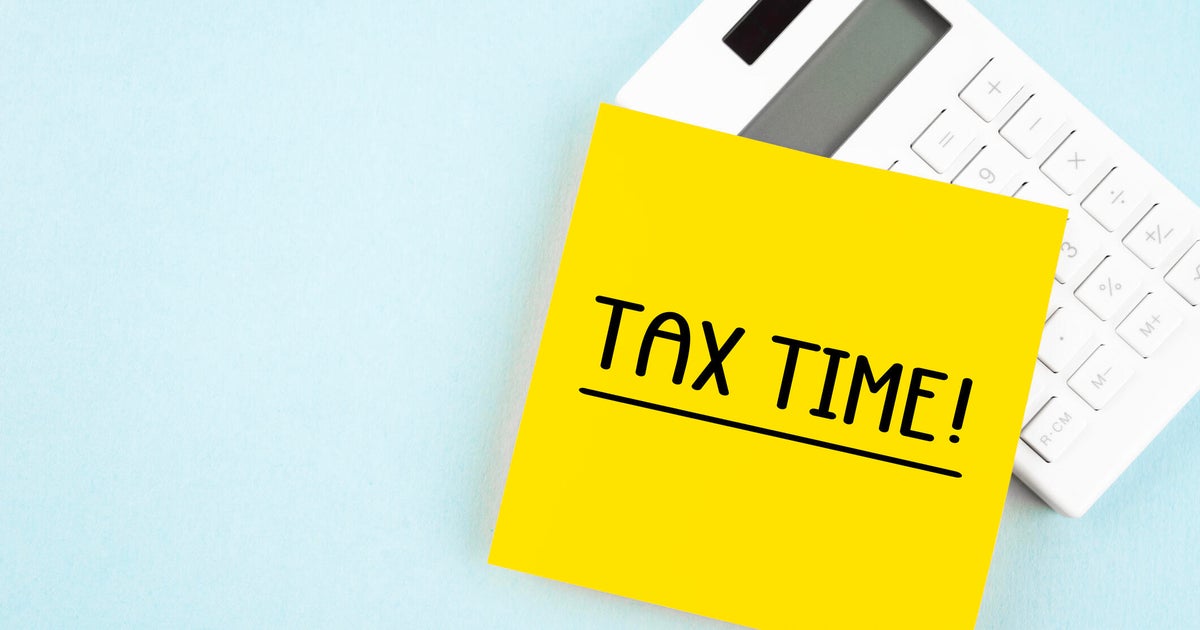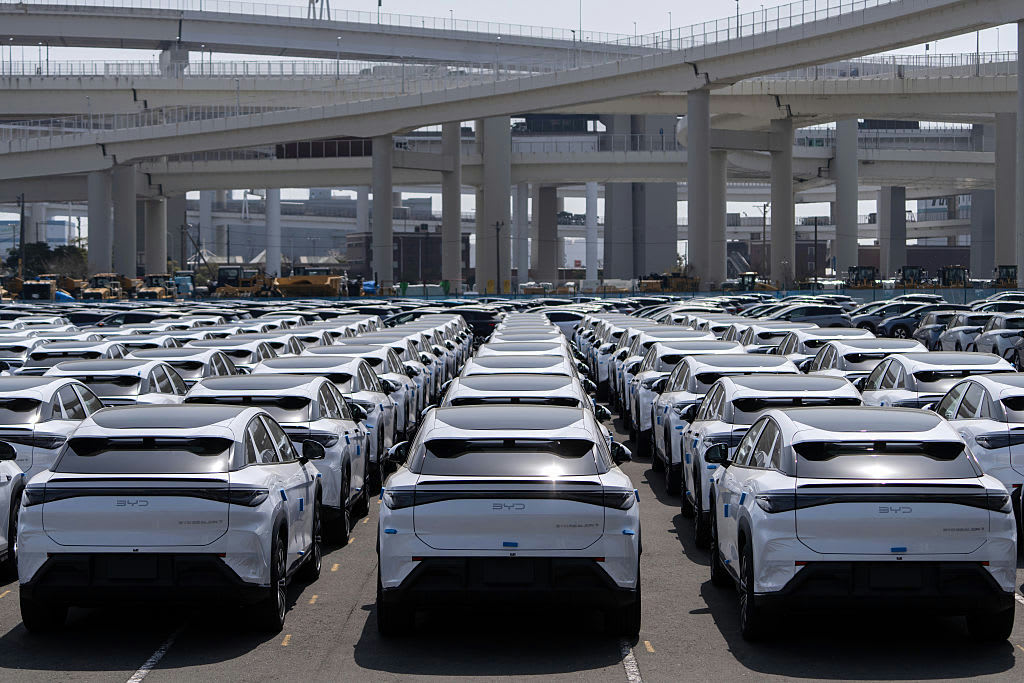These electric vehicles qualify for tax credits under the Inflation Reduction Act
President Biden's signing of the Inflation Reduction Act is changing the landscape for Americans interested in buying an electric vehicle. The law replaces a previous tax break for EVs with a new set of credits, although that depends on where a car is assembled.
The manufacturing requirements are effective as of August 16, the day the bill became law. Other restrictions, including strict limits on where batteries can be mined and assembled, kick in starting in 2023 and ramp up in future years. Here's what you should know if you're shopping for an an EV.
Eligible cars and SUVs
The Energy Department has released a list of car models that are likely eligible for the credit. To know for sure if a vehicle qualifies, motorists should check using their car's Vehicle Identification Number in the VIN decoder, the agency said.
"[S]ome models are produced in multiple locations," and that location can also vary for different model years or trim levels for the same vehicle, according to the government.
2022 models that likely qualify for a tax credit under the Inflation Reduction Act
- BMW 330e and X5
- Chrysler Pacifica PHEV
- Ford F Series
- Ford Escape PHEV and Mustang MACH E
- Ford Transit Van
- Jeep Grand Cherokee PHEV and Jeep Wrangler PHEV
- Lincoln Aviator PHEV and Corsair Plug-in
- Lucid Air
- Nissan Leaf
- Rivian EDV, R1S and R1T
- Volvo S60
2023 models that likely qualify:
- BMW 330e
- Mercedes EQS SUV
- Nissan Leaf
That list doesn't include the most popular EVs sold in the U.S., including those made by Tesla. While they're assembled in North America, they don't currently qualify for the credit because their makers have gone over a sales cap allowed under a previous law. That sales cap will be lifted in 2023, when other requirements, including those on batteries, come into play.
As a result, these electric cars are ineligible for a credit under the new inflation law: Chevrolet Bolt EV and EUV; GMC Hummer Pickup and SUV; and Tesla Model 3, Model S, Model X and Model Y vehicles. The agency didn't specify whether any EVs made by Toyota are eligible for a tax break.
What if I bought a car that's delayed?
Motorists who bought cars before August 16 but that were delayed after that date — say, because of supply-chain issues — don't need to worry about sourcing requirements, according to the Internal Revenue Service. As long as the buyer made a binding commitment to buy a car, such as by putting down a deposit of 5% of the car's price or more, the IRS will consider the purchase made before the new law went into effect.
Starting next year, the list of which cars qualify for credits will change substantially to follow the IRA's requirements for the origin of battery manufacture. Consumers should be on the lookout for a revised list before the end of the year, the IRS said.
Consumers should also prepare to be patient, since the vehicle credits may be confusing for the next few years, according to Jesse Jenkins, a Princeton University professor who specializes in clean energy.
"There will be a shifting list of vehicle models that qualify," Jenkins said on the Volts podcast this week. "Some may be on it one year and then fall off it another year, when the sourcing changes."



